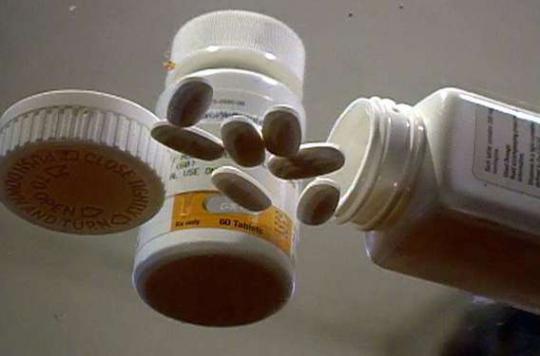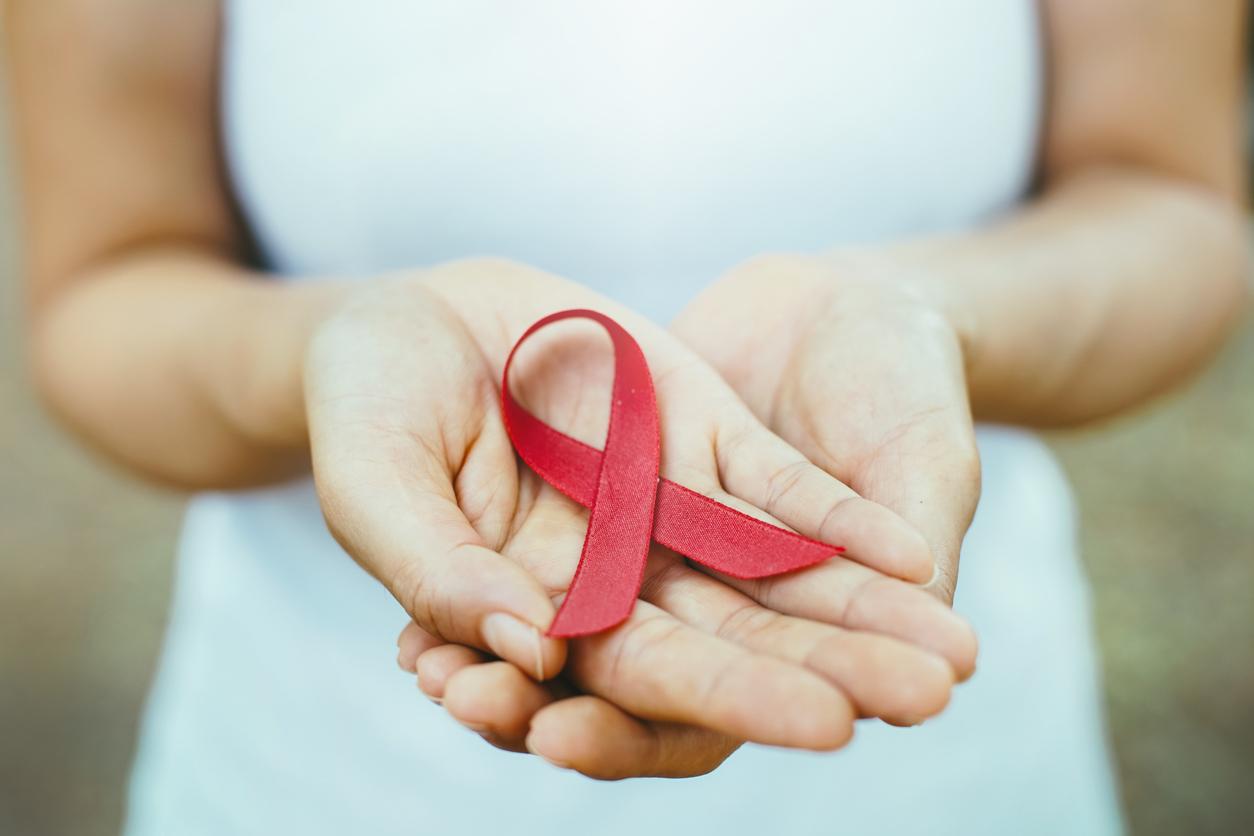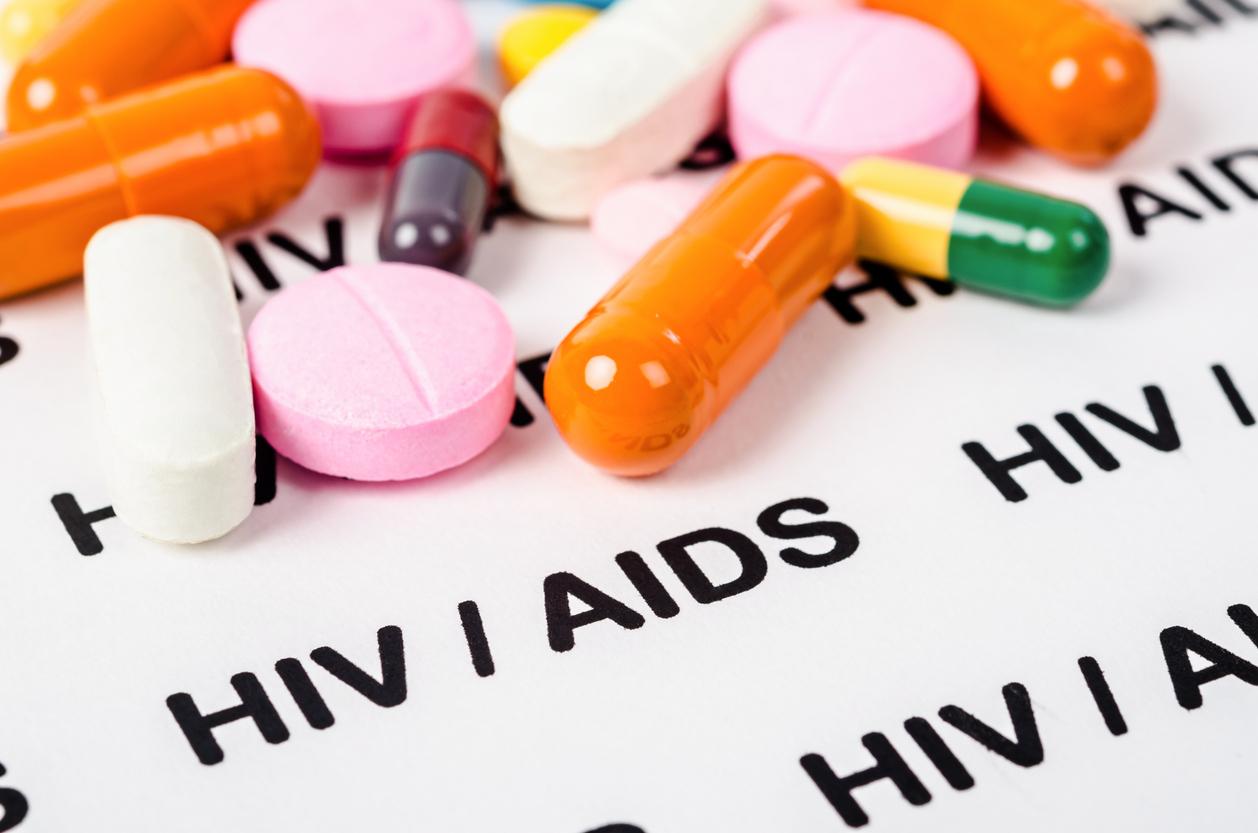Treating early, before the immune system weakens, is the rule in the fight against HIV. And it works: the risk of death and serious illness is halved.

- Triple therapy helps maintain the number of CD4 lymphocytes, necessary for the proper functioning of the immune system
- By starting treatment early, the risk of developing serious AIDS-related illness is reduced by 53%
- These results are in line with many international recommendations
Access to treatment as soon as an HIV infection is diagnosed is effective. This may seem obvious, but no study has quantified the impact of this practice on the survival of patients. A large international clinical trial, START (Strategic Timing of AntiRetroviral Treatment), delivers intermediate results. Antiretrovirals halve the number of AIDS-related illnesses such as cardiovascular or kidney disease.
From the moment an HIV infection is diagnosed, the patient should receive antiretroviral therapy. These are the recommendations in force in the United States and France, and supported by the World Health Organization (WHO). This triple therapy allows the body to maintain a normal level of CD4 + lymphocytes (500 cells / mm3) and therefore defend against infections.
But how beneficial is early management? This is the question posed by the START clinical trial, which included more than 4,600 HIV-positive people who had never taken treatment. Half received antiretrovirals immediately, the other half waited for the CD4 + lymphocyte count to drop to a low level (350 cells / mm3).
A doubly beneficial treatment
The results of the START trial were due at the end of 2016. But at the end of an intermediate meeting, an evaluation committee suggested an advanced presentation. It must be said that the data are very positive. In the group that waited before receiving the triple therapy, 86 people developed a serious illness linked to AIDS. In the group treated early, they were only 41, a 53% reduction in the risk of serious illness or death.
“We now have clear evidence that it is much more beneficial for an HIV-positive person to start antiretroviral therapy sooner rather than later,” said Anthony Fauci, director of the American Institute of Allergies and Infectious Diseases (NIAID), which funded the clinical trial. The treatment is doubly beneficial: it improves people’s health, but it also lowers their viral load, which lowers the risk of them passing HIV to someone else. “Rather than waiting for the CD4 + to be too few, it is better to start treatment as soon as the diagnosis is made, say the researchers. The participants in the study, they will be warned of these good results, and will all be offered a triple therapy. Monitoring will continue, as planned, until the end of 2016.
.















